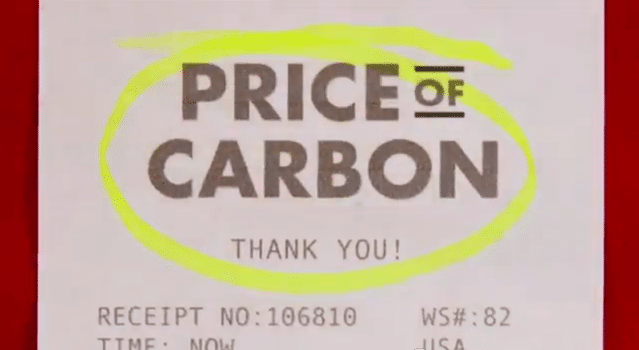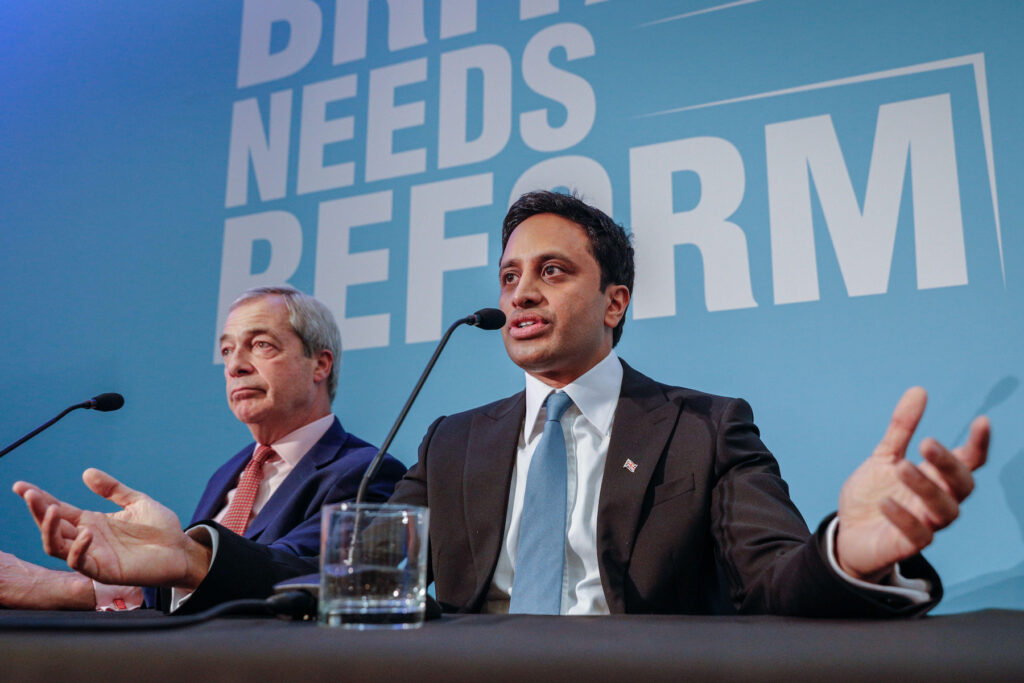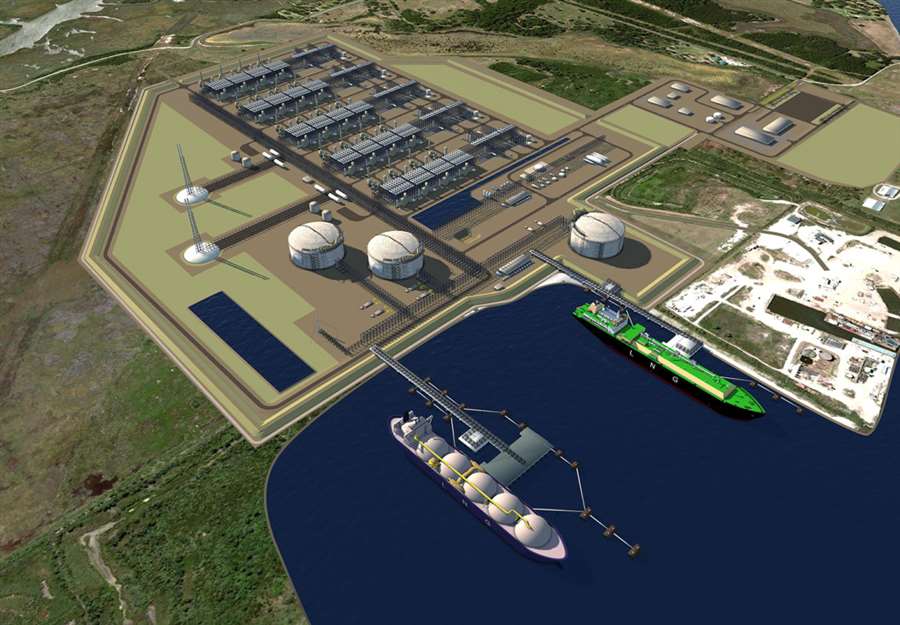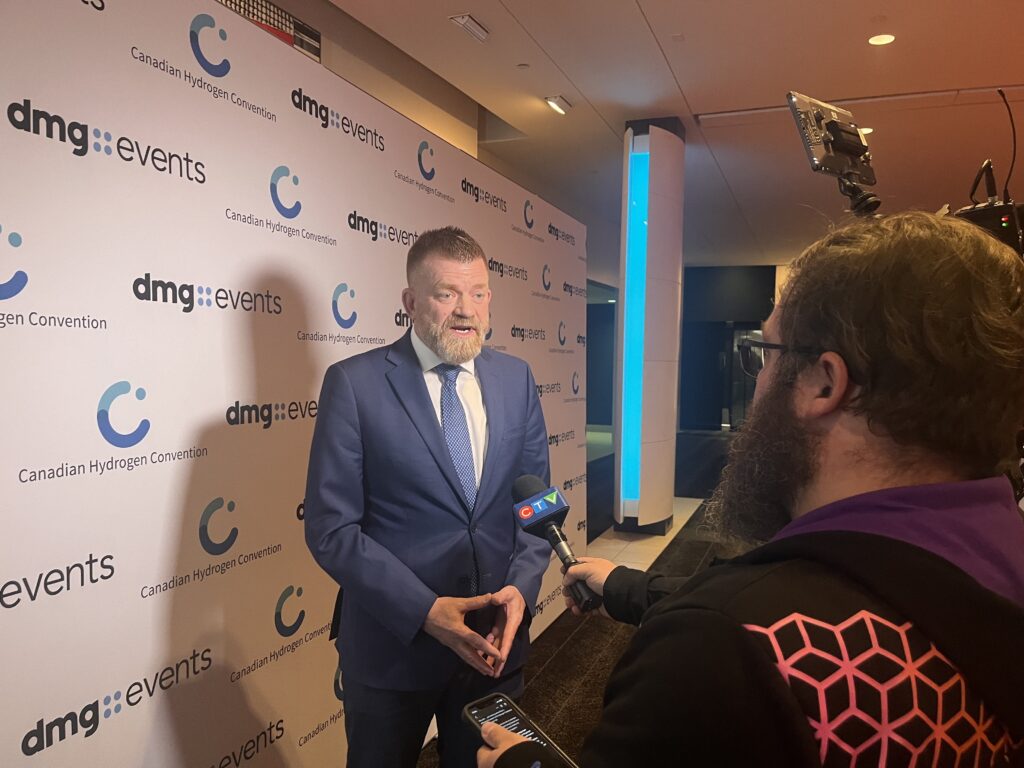Remember the climate disruption tax? It’s the public cost, actually paid by American taxpayers, of climate-driven extreme weather events. For the first time, the smart economists and public policy thinkers out there are actually crunching numbers and putting forth some jaw-dropping costs of these droughts and floods and superstorms.
Last month, I wrote about a smart new term for these costs – the climate disruption tax – as introduced by NRDC’s Dan Lashof and Andy Stevenson.
It’s a fancy and technical way of saying that there is a price of carbon emissions. A price that isn’t being paid on the front end by primary consumers of fossil fuels, and certainly isn’t being paid by the fossil fuel companies themselves. Rather, it’s paid by American taxpayers, no matter how responsible any particular individual is for the problem.
The good folks at the Climate Reality Project released a video, narrated by the great Reggie Watts, that illustrates these costs in a way that a bland old blog post never could. While the video doesn’t apply the “climate disruption tax” label specifically, the principle it’s talking about it one in the same. Check it out:
What makes this climate disruption tax even more troubling is that it only reflects the costs of these actual weather events. There are, of course, more costs associated with climate change than these reactive ones alone.
Longer term drains on our global economy in terms of productivity losses and adaptation measures, of food price spikes and the spread of tropical disease, or of increased defense spending to deal with new geopolitical realities and instabilities in a hotter, wetter, angrier planet. To say nothing of the lost economic opportunities of building out a new clean, renewable 21st Century energy system.
Subscribe to our newsletter
Stay up to date with DeSmog news and alerts







